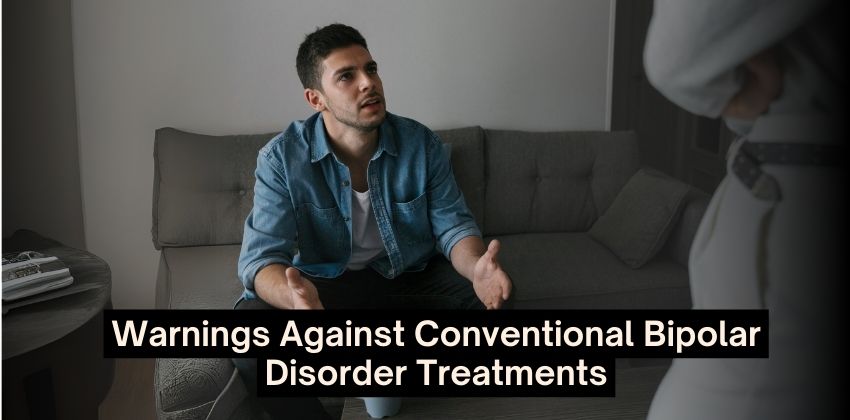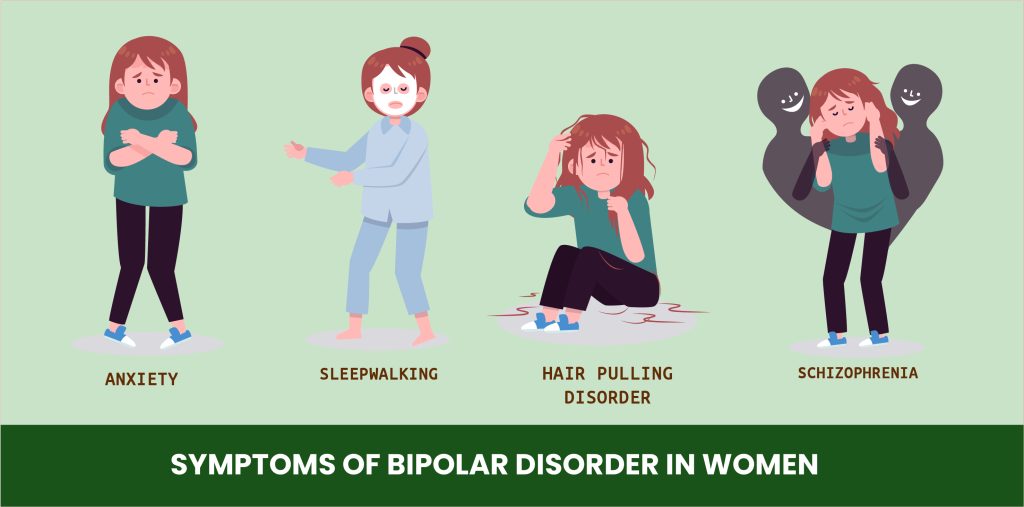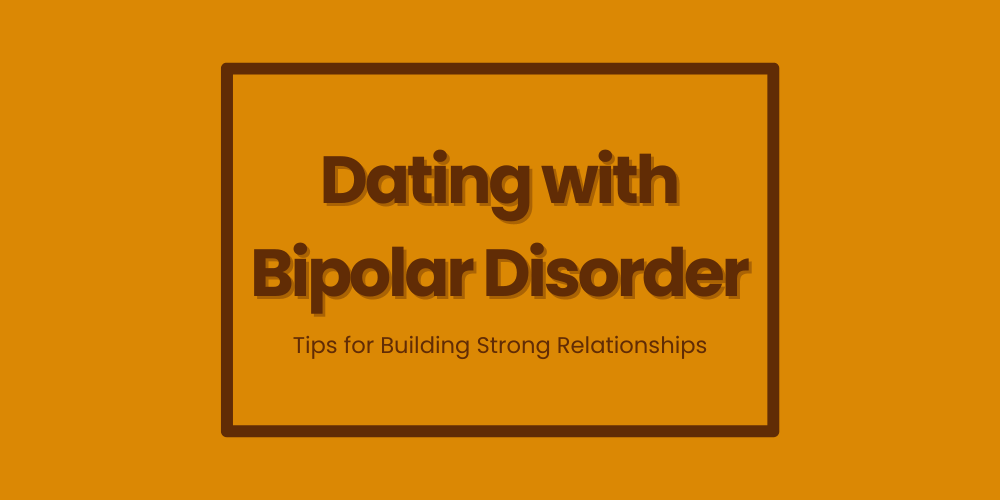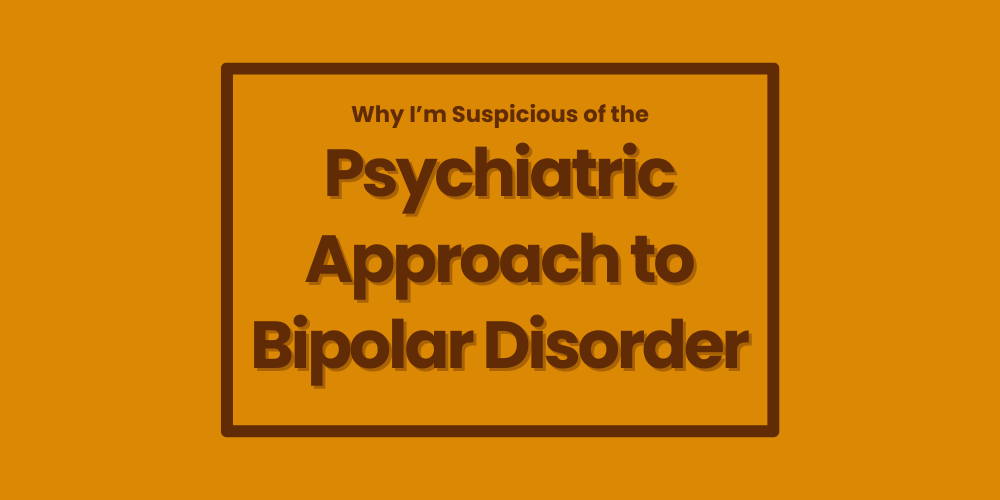Warnings Against Conventional Bipolar Disorder Treatments
Warnings Against Conventional Bipolar Disorder Treatments Receiving a bipolar disorder diagnosis can be a puzzling experience. You go to a psychiatrist intending to find a solution to your health challenge only to be labeled with an alleged life-long condition whose pervasive stigma affects you personally, your loved ones, and your career, as well as a score of mind-numbing, personality-altering pharmaceutical drugs. Psychiatrists are typically the first line of defense, yet there is increasing wariness of their approach to mental health care. In this post, we will explore three key concerns: The subjective nature of diagnosis The over-reliance on medication The insufficient emphasis on lifestyle changes If you are looking for a way out of the vicious cycle of mere symptom management with pharmaceutical drugs, then consider enrolling in the BP Harmony masterclass: The Five Pillars of Bipolar Recovery. This masterclass, led by experienced professionals, offers a comprehensive approach to managing bipolar disorder, focusing on holistic treatments and lifestyle changes. For more information and to join our online community, visit our website. Let’s proceed with my critiques. 1. The Challenge Of Diagnosis Diagnosing bipolar disorder is far from straightforward. This TED talk explains the challenge well. Unlike physical illnesses, mental health conditions lack definitive lab tests. Instead, psychiatrists rely on clusters of symptoms, varying significantly between individuals. Diagnoses are based on conversations and questionnaires, relying heavily on patient self-reporting and psychiatrist interpretation. This method is inherently subjective and can lead to inconsistent outcomes. Many of our clients say they received diagnoses within a matter of minutes. One client stated, “Well, hold on. Aren’t they going to run some tests with this big assumption before running?” Hence, this approach risks the oft-occurring mistake of misdiagnosis. For instance, a patient with symptoms of depression might be misdiagnosed with bipolar disorder, leading to unnecessary and potentially harmful medication. Bipolar disorder shares symptoms with other mental health conditions, such as depression, schizophrenia, PTSD, borderline personality disorder, and others. Without concrete biological markers, distinguishing between these conditions is complex, often resulting in misdiagnosis or delayed diagnosis. Consequently, the subjective nature of this process raises significant concerns about how psychiatrists treat a patient’s illness. 2. Over-Prescribing Medication The second primary concern within psychiatric care for bipolar disorder is the over-reliance on medication. While medications are vital for stabilizing mood, the approach often involves a frustrating trial-and-error process. Finding the proper medication or combination “cocktail” can take months or even years. Patients frequently cycle through various drugs in search of effective treatment. Even when a psychiatrist and patient settle on a set of medications, patients are often told that they will need to take them for the rest of their lives. Thankfully, some integrative psychiatrists work with patients’ desire to be medication-free, but imagine the amount of mental fortitude and courage it takes to disagree with a medical expert. Many accept the doctor’s prognosis and are on medication longer than they need to be. Medications primarily aim to stabilize mood swings rather than address underlying causes. This approach can lead to a reliance on drugs without exploring deeper, potentially contributing factors such as past trauma or chronic stress. This medication-centric approach often fails to address the root causes of bipolar disorder, focusing instead on symptom suppression. 3. Lack of Guidance on Lifestyle Changes In light of the overemphasis on medication, psychiatrists often neglect the profound impact that lifestyle changes can have on mental health. A comprehensive approach should include guidance on: SleepQuality sleep is crucial for mental health, especially for those with bipolar disorder. Practical sleep hygiene tips are often overlooked in traditional psychiatric care. NutritionA balanced, whole-food diet can significantly influence mood and energy levels. However, dietary advice is rarely part of psychiatric treatment plans. MovementRegular physical activity has mood-stabilizing effects. Despite this, more structured exercise recommendations should be provided. MindfulnessTechniques like reflection, meditation, and stress reduction exercises can be beneficial. Unfortunately, these holistic approaches are not typically emphasized in standard psychiatric care. CommunityHaving a good support group of family, friends, therapists, personal trainers, group exercise classes, and, in some cases, social workers are vital in the recovery journey. Incorporating these lifestyle factors into treatment plans could offer more holistic and effective care for individuals with bipolar disorder. Conclusion While psychiatrists play a crucial role in managing bipolar disorder, their approach can often feel limited and overly reliant on medication. The subjective nature of the diagnosis, the trial-and-error medication process, and the lack of emphasis on lifestyle changes contribute to patient skepticism that conventional psychiatry offers a path to long-term healing. However, a more holistic approach, integrating medication with comprehensive lifestyle support, not only addresses the root causes of bipolar disorder but also provides a more promising path to wellness. By addressing these critical points, we hope to spark a thoughtful discussion among health professionals about the current psychiatric approach to bipolar disorder and advocate for a more holistic and patient-centered method of care.







